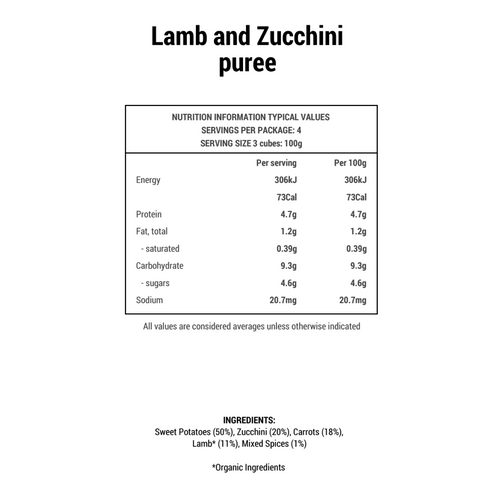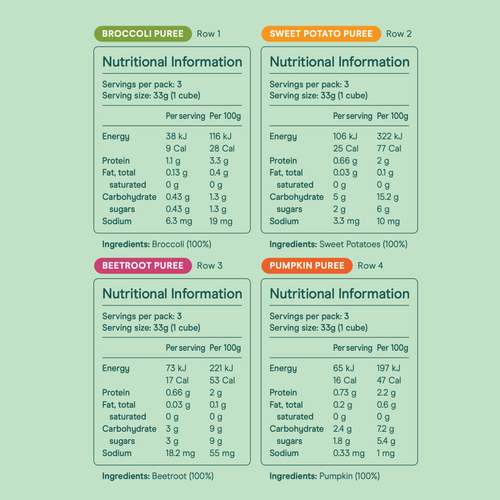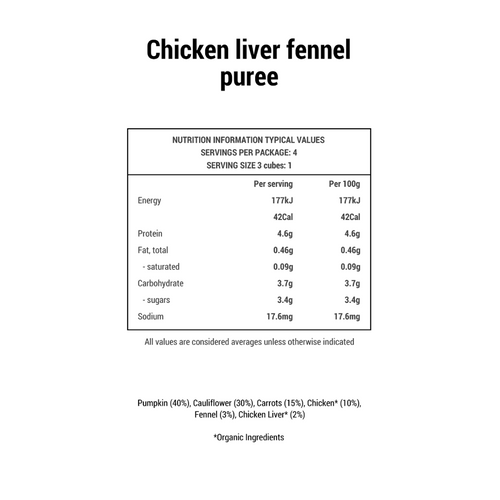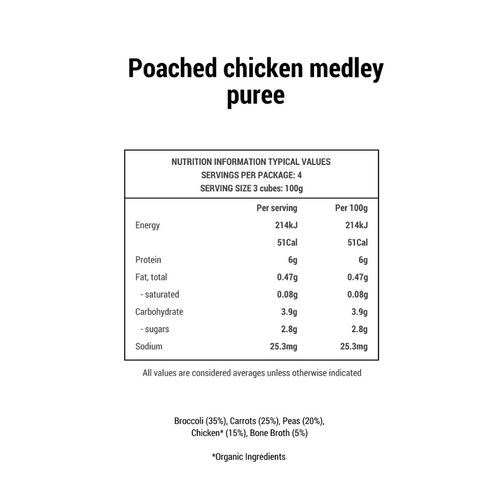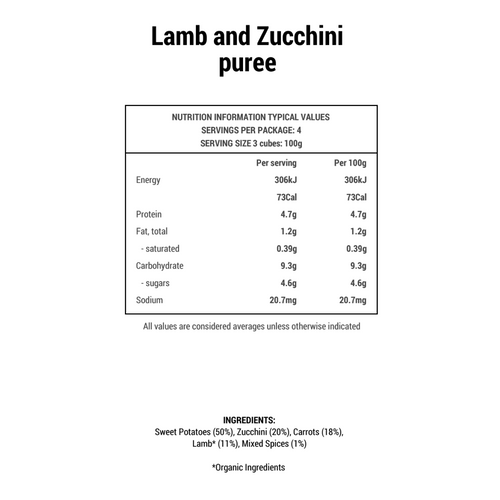Australia currently has one of the highest rates of food allergies in the world, particularly among children. This alarming trend has researchers and healthcare professionals searching for the root causes of this epidemic. Understanding these factors can help us find effective solutions to prevent food allergies and improve the quality of life for those affected.
The Hygiene Hypothesis and Modern Living
One of the most widely discussed theories to explain the high rate of food allergies in Australia is the hygiene hypothesis. This theory suggests that modern living, with its increased focus on cleanliness and reduced exposure to germs and microbes, may be contributing to a rise in allergies. This is because a lack of exposure to certain bacteria and infections during childhood can lead to an underdeveloped immune system, increasing the risk of allergic reactions.
Delays in Introducing Allergenic Foods
Another factor that may contribute to the high prevalence of food allergies in Australia is the delay in introducing allergenic foods to children. Previous guidelines recommended delaying the introduction of allergenic foods, such as peanuts and eggs, to reduce the risk of allergies. However, recent studies have shown that early introduction of these foods can actually decrease the risk of developing food allergies.
Genetic and Environmental Factors
Genetic predisposition and environmental factors also play a role in the development of food allergies. Australia's diverse population, with various genetic backgrounds, may contribute to the high rates of food allergies. Additionally, environmental factors, such as the widespread use of air conditioning and limited exposure to natural allergens, may further exacerbate the situation.
Are All Other Countries on the Rise Too?
Rates of food allergy are rising globally; China has seen a 40% rise in the last few decades. But there are a few countries that aren’t following the same trend. For example, countries like Israel and Thailand have relatively low rates of peanut allergies. In Israel, this can be attributed to the widespread consumption of Bamba, a peanut-based snack that is introduced to children early in life. Similarly, in Thailand, many children regularly consume peanut porridge for breakfast. These cultural dietary practices may contribute to the lower rates of food allergies in these countries, emphasising the importance of early allergen introduction in preventing allergies.
Moving Forward - Prevention and Education
To address Australia's high food allergy rates, it's crucial to focus on prevention and education. Raising awareness about the importance of early allergen introduction and promoting the understanding of allergy management can help curb this growing issue. By working together, we can create a safer and more informed environment for those affected by food allergies.





